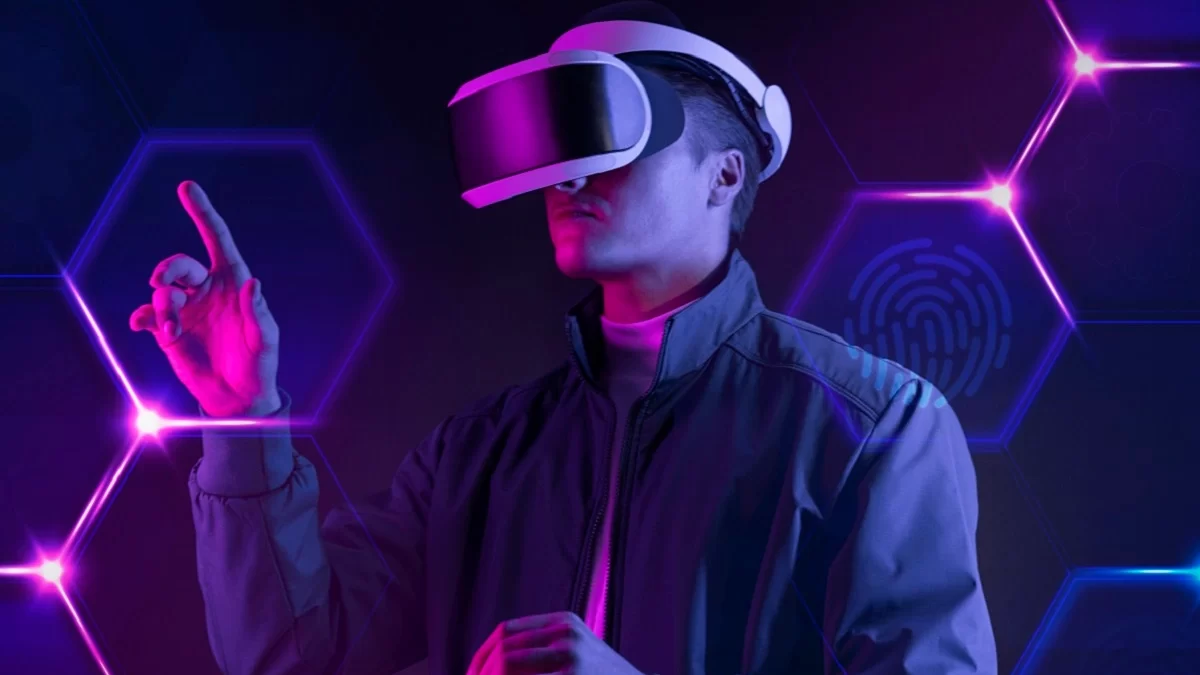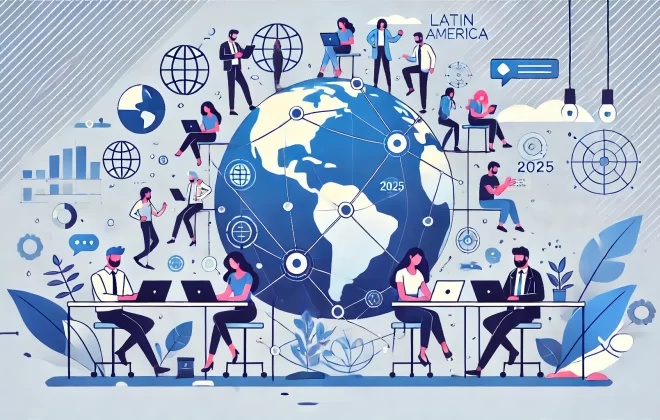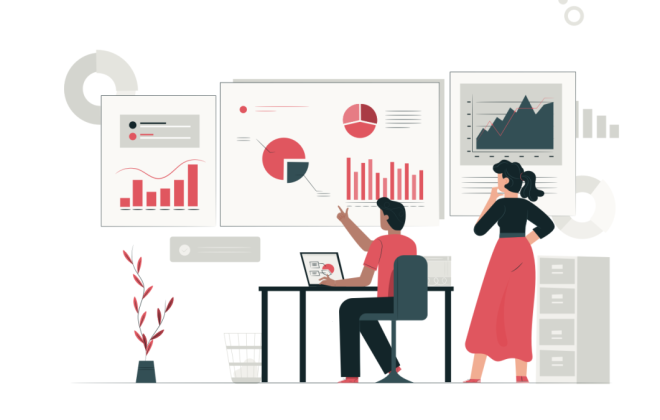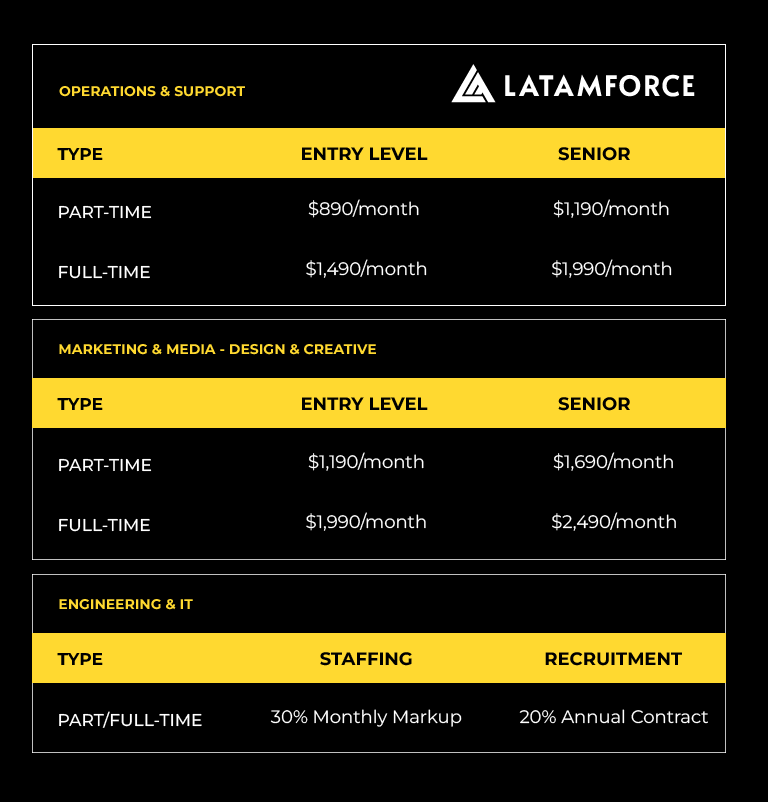It is Time You Met the Gamified Workforce of the Future: The Metaverse is Replacing the Office!
Games have been an important part of our culture, creativity and connection for decades. Some of today’s most forward-thinking leaders grew up in crowded arcades of malls, dreaming of being trapped in movies like Tron and confronting around home computers or consoles of choice, from the Atari 2600 to the Xbox, and everything in between.
Fast-forwarding and gaming now include online, mobile, social, cloud, augmented reality, virtual reality, and virtual reality, a market that is expected to exceed $200 billion by 2023.
For more than 20 years, people have collaborated on games like The Sims and Second Life, and more recently in games like Fortnite, Roblox, Minecraft, and Pokemon Go. These are not just games, they are shared virtual play spaces designed to party, build worlds, continue fighting, buy virtual goods, and dance.
What does this trend mean for future jobs? Surprisingly, quite a lot, so stay tuned…
The mixed future of work
Companies can now embrace “work” in many ways to build a sense of belonging and strengthen a culture of connection, community, creativity, and productivity.
As a matter of fact, those who want the most innovative, diverse, and exceptional talent must know how to collaborate and leverage technology at any given time, to respond to multiple arrangements and employee realities.
In a world where 73% of teams will have remote workers by 2028, balancing needs and interests has new meaning. It’s all about accessibility, flexibility, and a continuous feedback loop to improve the experience and increase productivity, while also addressing the challenges mentioned in the latest Remote Work Status report: poor communication/collaboration (17%), loneliness (19%) and difficulty staying motivated (12%).
The company will begin to provide collaborative spaces and spaces in cities where multiple team members live, providing a base outside the home to support team members in the best possible way. It’s important for companies to accommodate mixed and merged workforces and create safe spaces where businesses can both set expectations and manage the well-being of their employees.
Gamified workforce
In a recent Deloitte study, the vast majority of Gen Z (87%), millennials (83%), and Gen X (79%) play video games on personal and home devices every week. While some might think of Fortnite as a children’s game, more than 60 percent of Fortnite communities are between the ages of 18 and 24 — the very people entering the workforce.
This generation grew up buying virtual goods or props for their mobile games, and was born adept at online engagement and collaboration, community building, and problem solving. There is no doubt that games are informing new business models and shaping the future of work in a variety of environments. The future of hybrid work is changing, adding virtual reality to the combination of remote and office collaboration can create a new, dynamic workspace that provides businesses with the best of both worlds experience.
Brands are exploring the creation of their virtual identities to help personify their values and beliefs into a virtual presence that can be displayed in real-time on any channel. The behavior of the emerging workforce will continue to drive these innovations and brand evolution.
We have seen companies expand their organizational structure to include new roles such as Metaverse Engineering Director, Web3 Principal, Avatar Creator, Virtual Architect, Builder, and Realtor.
Mixed merged worlds
The metaverse is not entirely here, but it’s nearby. The metaverse and evolution of web3 is reminiscent of the early days of the internet: huge potential, no fixed script.
We are creating the future of work every day. So far, a number of collaboration platforms have been launched, each with its own style and features. Some only work for VR, some only for AR, only for events, some are inspired by retro games, and some can even replicate traditional office suites.
Immersive platforms are pushing traditional work environments into a hybrid and converged world, including team onboarding, virtual showrooms, virtual test labs, gamification parties, corporate celebrations, and more. All are accessible virtually from any device via laptop, mobile device, or VR headset.
With the rise of remote work, companies are looking for new ways to collaborate and create a better culture of connection. The sense of community that Metaverse brings is no longer limited to games: as the workplace evolves, employees will increasingly collaborate, create, and communicate within Metaverse.
As workspaces move into the future, the metaverse will help maintain the innate sense of human connection and community that many of us crave, while achieving the kind of flexibility and balance that we have come to understand.
Want to learn more about the new gamified workforce, the emerging hybrid future of work, or even find a job in this industry? Book a call with Latamforce.





